- AdventHealth
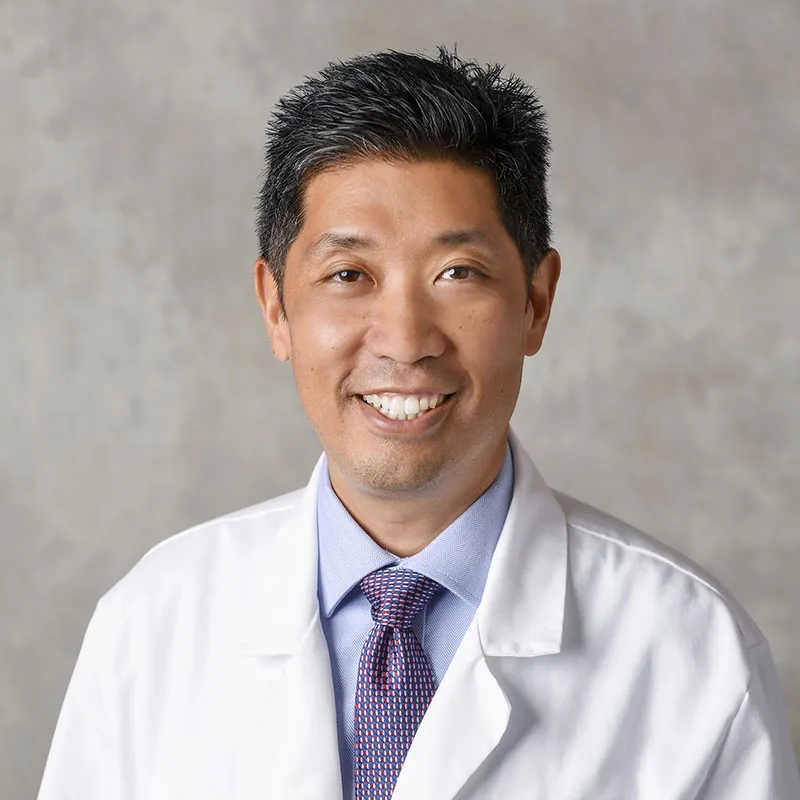
It’s World Immunization Week. Vincent Hsu, MD, infectious disease specialist and infection control officer for AdventHealth, sees this year’s observance as an opportunity to shed light on a concerning trend: falling vaccination rates for children and how that may affect others.
“We are seeing an increasing number of older and immunocompromised Americans at greater risk of disease, including vaccine-preventable ones, and likely in the future, we will see a greater number of outbreaks with deaths that could have been prevented,” Dr. Hsu said.
Just back from a Society for Healthcare Epidemiology of America conference, where he sits on the board, Dr. Hsu shared some of his concerns in the Q&A below:
- According to a recent study from the CDC, the rate of immunizations for required vaccines among kindergarten students has been declining. What risks does this pose? To the children? To others?
-
The risk posed by under-vaccination – or not being vaccinated at all – is that there could be a resurgence of diseases that were previously thought to be under control or eradicated, such as measles or chickenpox. Not only can those diseases spread among unvaccinated children, they can also spread to those who come in contact with those children and who may not be well-protected, either because they are elderly, have weakened immune systems or live in communities where groups of people are unvaccinated.
- Two of the diseases making headlines in the past couple of years have been measles and polio. Should we expect to see further re-emergence of these diseases and others?
-
Unfortunately, that possibility looms large, as many of today’s parents do not understand or have not seen the great harm diseases like polio can cause children. Most people who are infected with polio recover without issue, but for an unfortunate few, it can cause lifelong paralysis. And measles is not a harmless disease either. It can kill. Worldwide, in 2021 there were 130,000 deaths from measles. While measles is a relatively rare occurrence in the U.S. – six cases had been reported as of March 30 this year – we don’t want it to become an issue. It is safe to say that anything that negatively affects vaccination rates has the potential to increase disease transmission.
- The theme of this year’s World Immunization Week campaign is “The Big Catch-Up.” The CDC reports that in 2021, 25 million children missed at least one routine vaccine and 18 million received no vaccines at all. How can we catch up?
-
It’s very important that we follow the CDC’s immunization schedule for children. For those who have missed a dose or two, there’s also guidance on how to catch up. “Alternative” vaccination schedules or intentionally skipping vaccination doses should be considered unsafe when compared to the vaccination schedule endorsed by the CDC and multiple professional medical societies, and which has been rigorously evaluated and deemed safe and effective when it comes to preventing disease and death.
- Vaccination rates were declining even before COVID-19 and the virus’s disruptive effect on education and health care. What do you think accounts for the decline?
-
COVID-19 really heightened the level of disinformation around vaccines. But there have always been vaccine-averse or vaccine-hesitant individuals, many of whom have promoted untruths about vaccines for many years. The perception that vaccines are unsafe or that they cause disease has not been shown to be factual. Yet many continue to believe these debunked myths. In the era of social media, it is fairly easy to spread such mis- or disinformation, which may also account for more recent declines.
- What can be done to allay concerns around vaccines?
-
Most of the vaccines that have been shown to prevent serious diseases have been on the market for years, and in some cases, decades. And we in the medical community must continue to present the evidence that shows vaccines to be safe and effective. Over the past few years, however, there has been an erosion of trust in the public health arena that is going to take years to rebuild. We need to make sure that the trust between doctor and patient remains intact because patients are likely to listen to what their doctors say, as well as trusted groups of friends, colleagues and community members, including their pastor perhaps. So it’s also about building trust via those circles of influence. I believe that providing the science, providing enough information to enough people is the most effective way to decrease the circle of doubters.
- How important are vaccines in the prevention of death from disease?
-
In 1999, the CDC’s Mortality and Morbidity Weekly Report featured a list of “Ten Great Public Health Achievements” in the U.S. from 1900-1999. Vaccination topped the list. We know historically that vaccines have saved millions and millions of lives in the U.S. and around the world. We should not waste what we’ve learned from history. We’ve seen evidence that not immunizing these individuals could put these individuals and others at risk, and as a result we must continue to immunize our children and adults because we know it has worked in the past to save lives, and we know it will continue to work in the future.
Recent News

Local leaders, officials, and construction workers gathered today to commemorate a major milestone in the expansion underway at AdventHealth Daytona Beach: placing the final steel beam.
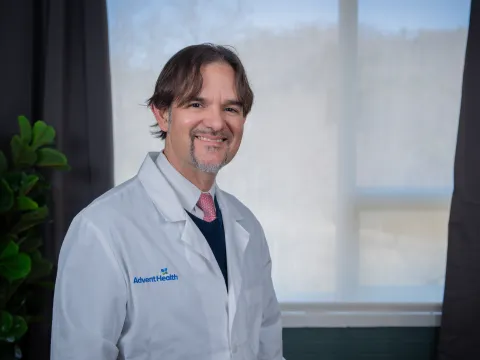
AdventHealth is excited to introduce Eugenio L. Menendez, DO, FACP, to our community of care. He is joining the team at AdventHealth Medical Group Family Medicine at Hendersonville* following the...
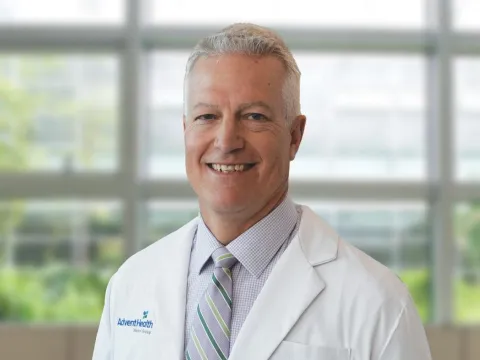
Dr. Jeffrey Keen, a board-certified orthopedic surgeon specializing in adult reconstruction, orthopedic surgery, robotic-assisted surgery, and sports medicine, has returned to AdventHealth Medical...
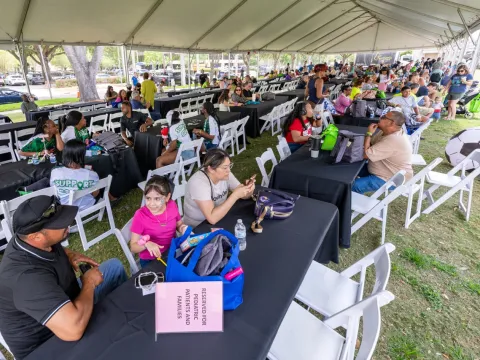
In recognition of National Donate Life Month, nearly 300 transplant patients and their families enjoyed AdventHealth’s 2025 transplant reunion.
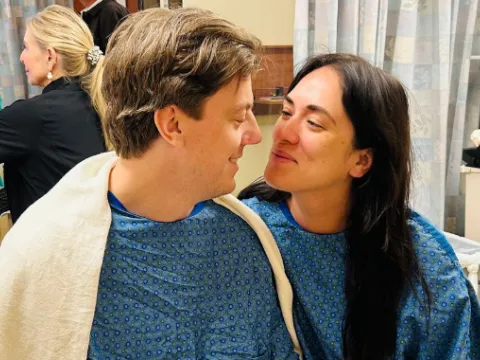
According to the National Kidney Foundation, more than 101,000 people are currently on the organ transplant list in need of a new kidney. However, only about 17,000 transplants happen each year —...
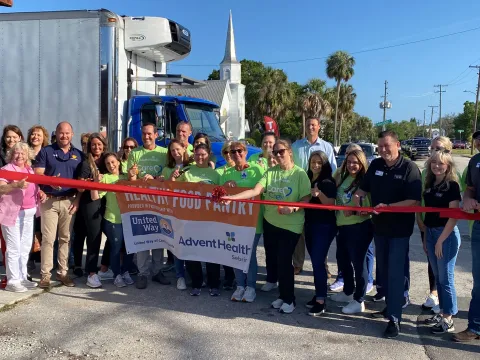
Leaders and volunteers from AdventHealth, United Way of Central Florida, Hands for the Homeless and the community worked together to distribute more than 9400 pounds of food to people in need.
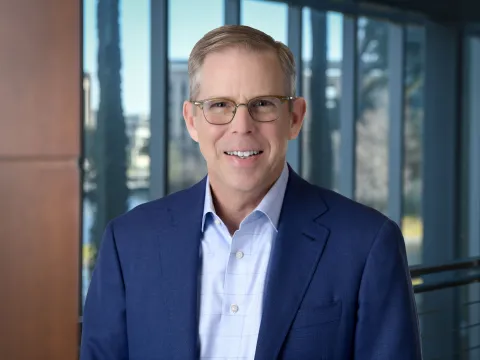
The AdventHealth Board of Directors has appointed David Banks as the organization’s new president/CEO, effective immediately.
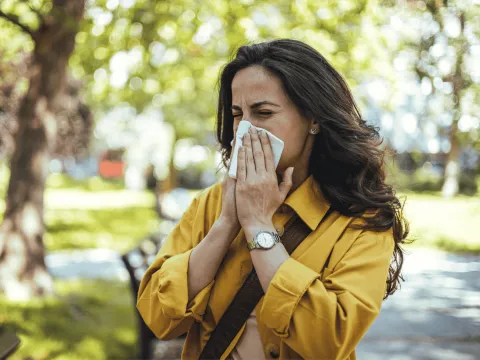
Ming Wu, MD -- a family medicine doctor with AdventHealth Littleton -- talks about the ways to lessen the impact of seasonal allergies this spring.

In life, Sophie Davis touched dozens of hearts. In passing, one of her organs could possibly save thousands of lives.
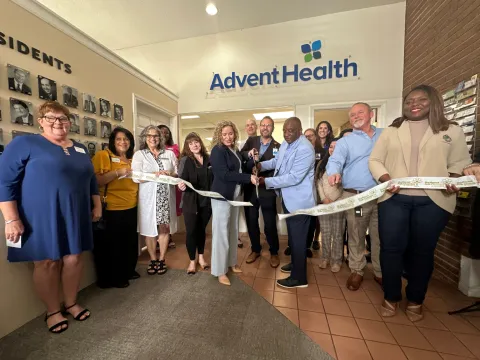
AdventHealth Heart of Florida leaders and members of the Northeast Polk Chamber joined community members for a ribbon cutting on a new addition to the Chamber’s office

As the days get longer and the weather warms up, people are eager to get back to their favorite outdoor spring activities and sports. This transition from winter to spring often leads to an increased...
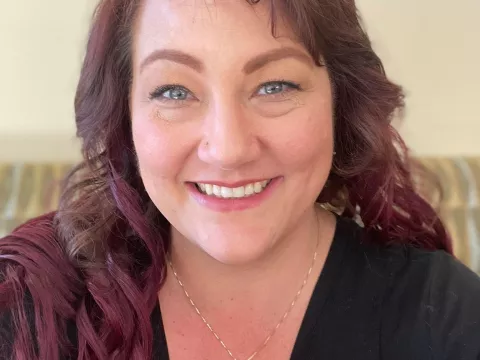
Marie Williams remembers being admitted to AdventHealth Parker on September 1, 2023, for colon resection surgery, but after that, things get hazy.
